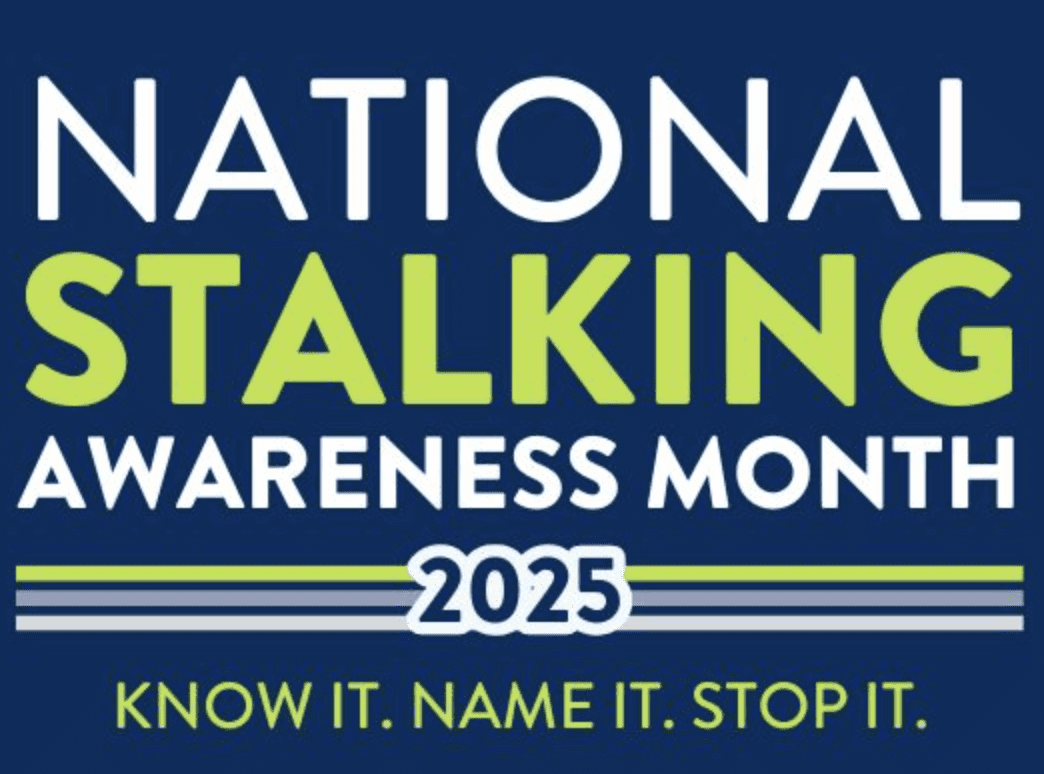By Deana M. Newman, M.A., C.C.P.
Did you know abuse of prescription pain killers is now ranked second, behind that of marijuana, as the most prevalent drug problem in the United States? In fact, since 1999, the abuse has significantly increased resulting in a mortality rate of more than 20,000 per year.
According to the Centers for Disease Control and Prevention, Opioid drugs, such as Oxycodone, Morphine, Dilaudid and Vicoden, are commonly prescribed for pain relief and are also the most common source of overdose related deaths. What is most disturbing, in 2006, 2.1 million teenagers aged between 12 – 17 years have abused prescription drugs and the trend increases annually. Today, this population is the second highest rate of prescription drug abusers behind young adults aged 18 – 25 years.
Why the obsession with abusing prescription drugs? The Office of National Drug Control Policy reports the drugs are easily obtained for free from friends and relatives and teens believe the drugs can provide a “medically-safe” high versus street drugs.
Could your teen be an abuser? Below is a list of signs and symptoms from Parents-the Antidrug organization:
1) Constricted pupils, slurred speech or flushed skin.
2) Personality changes, excessive energy, sweating, loss of appetite, forgetfulness, clumsiness, change in sleep pattern.
3) Missing pills, unfamiliar pills, or empty cough and cold medicine bottles around the house.
4) Secretiveness, loss of interest in personal appearance, skipping classes or not doing well in school.
Prevention of teen drug abuse requires both discipline and determination. Safeguard drugs in the home through monitoring quantities and controlling access, set rules for teens and drug use such as not sharing medication and only utilize prescriptions based on a physician’s advice, properly conceal and dispose unused medication in the trash, and ask family members and friends to protect their medications in the same manner.
If you discover your teen is abusing prescription drugs, try to connect with them through calm discussion, build a support group through utilizing resources such as physicians, faith leaders, school counselors etc.
Additional guidance and information on local treatment programs can be sought after through contacting the Substance Abuse and Mental Health Services Administration at 1-800-662-HELP.



